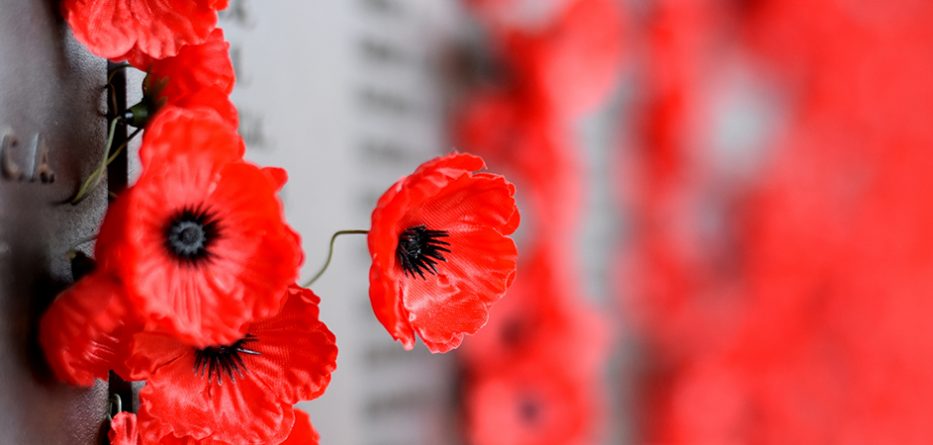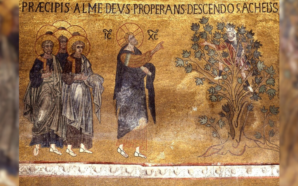25 April is Anzac Day
At Anzac Day this year, war is more than a distant memory. Each day, the media carry stories of the war in Ukraine and speculation about the possibility of conflict with China. It has been a time for the laying in of weapons, the making of plans and the beating of drums.
The war in Ukraine has also brought home to us the costs of war on people whose lives were much like our own before war came to them. We hear of people killed daily in bombings and see pictures of refugees driven from their homes. A battle, relatively unimportant in strategic terms, continues to take thousands of lives, its value estimated by the relative number of soldiers killed and wounded on the other side. The people who are the counters in this calculus are young men on both sides, many conscripted, many longing for a peaceful life, with parents, brothers and sisters, wives and fiancées. This war, like most others, will end in a negotiated settlement, in a peace of sorts, with embitterment, with some pride, with towns and cities to be rebuilt, with much impoverishment and with much grief. The war may not be lost. But in human terms, it is never won.
Anzac Day is rightly a day in which we remember the people who were affected by a battle in Turkey over a hundred years ago and people who were affected by later wars in which Australians took part. We rightly remember those who were killed in war. We remember those who fought and survived, burdened by the memories of war, of its horrors and its companionship. We also remember the people affected indirectly by war – the families whose son, father and brother died in the war, the wives who lost a husband and the young women a fiancé, the families to whom a father returned wounded in body or spirit, the young women who never married for lack of eligible men, the small communities that lost the young men who could have been their future. It is a time for compassion.
On Anzac Day, we remember the sadness of war. It is not a time for glorifying war, for celebrating the martial virtues, for stiffening the national backbone for future wars. We are beginning to recognise in domestic violence the poisoned fruit of the glorification of those virtues. So often the roots of violence lie in the brittle and repressive embodiment of what it means to be a man when that is identified with toughness and bellicosity.
Because Anzac Day is a day for meditating on the sadness of war, it is distressing to be told that the Australian War Memorial in Canberra has accepted donations from arms companies. Profit-making from the sale of arms is a feature of every war. Its finger can be traced in the deaths and suffering of those we remember. The remembrance of war should not be associated with the enablers of war and its death-making, especially at a time when enthusiasm for war is on the rise. Anzac Day is too important for that.
Fr Andrew Hamilton SJ writes for Jesuit Communications and Jesuit Social Services.








